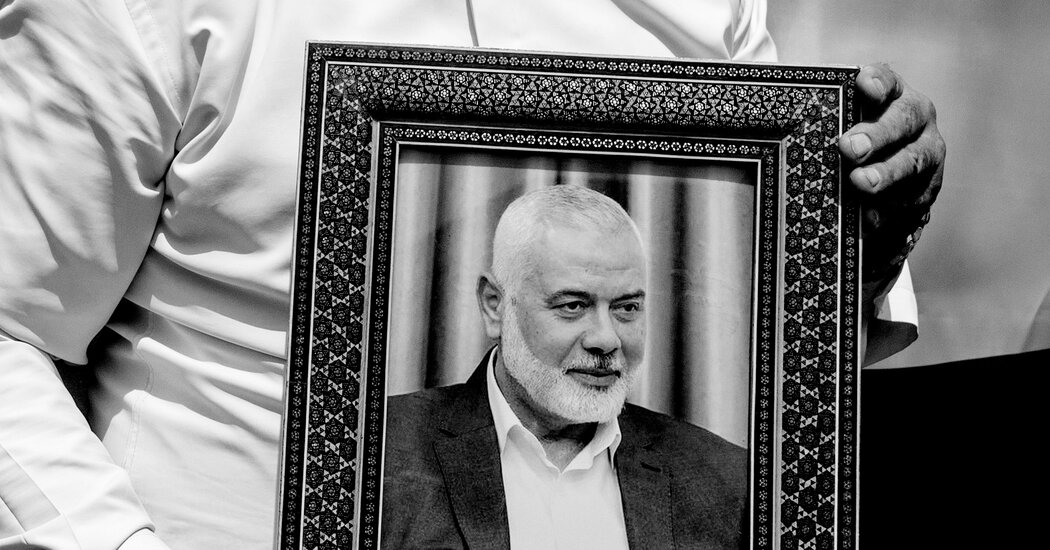
The game that Iran is playing is dangerous
How Did Netanyahu Assassinate Ismail Haniyeh During the Oct. 7, Israel-Saudi Arabia War?
The current situation is caused by a series of false assumptions that were made about the U.S. policy before the war began. The idea that the Palestinian people could simply be locked up in perpetuity with a few upgrades here and there to the military occupation they have undergone for nearly six decades was part of the idea the United States was focused on stitching up an agreement between Israel and Saudi Arabia. The Oct. 7 attacks made this seem like a fantasy.
Some in the U.S. foreign policy establishment argue that since neither the United States nor Iran desires full-scale war, cooler heads will prevail. This type of violence can not be controlled when uncorked. It’s important to understand that even if we are able to step back from the brink now, as we all must hope, this policy is both a moral and strategic failure, with consequences and costs in human lives, to U.S. credibility and to the so-called “rules-based order” we haven’t begun to comprehend.
But America must always be wary about what Israeli Prime Minister Benjamin Netanyahu is up to. As a former Israeli diplomat, Alon Pinkas, observed in Haaretz on Thursday, one has to wonder why Netanyahu chose now to assassinate the Hamas leader Ismail Haniyeh in Tehran — in the middle of delicate hostage talks.
Was it just because it could, or was it meant to deter the United States from taking military action against Iran, in hopes of preventing a conflict between the countries?
